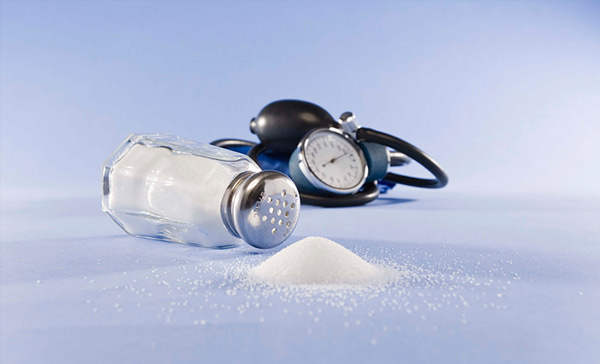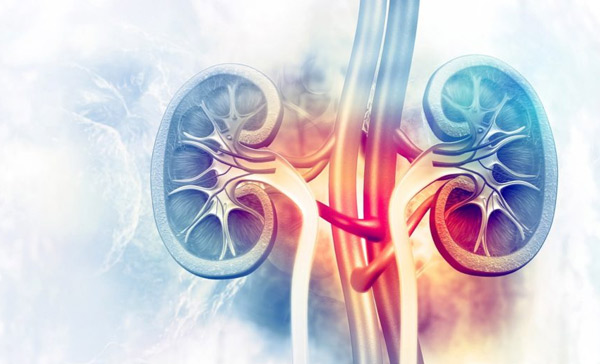Most of us cannot imagine life without salt as during our day we eat lot of produce, which is not natural like chips, sausages, packaged food etc. The amount of salt which we intake thus is much larger than what is actually required and that too without our knowledge.
Salt is essential for Life
Salt is made up of chemical compound sodium chloride and our body needs sodium to regulate our water balance ensuring the proper function of our nerves, muscles and to drive digestion.
Body needs about 1 gm of salt to accomplish these tasks. In other words, if we practice moderation salt is healthy however the bad part is we all exceed our daily limit of salt intake which can make a good thing a bad one.
Survey Report of WHO
According to the World Health Organization (WHO), the limit is a maximum of five grams of salt per day. That’s about one level teaspoon. Challenge here is that we exceed this set daily limit every day, and one needs to be aware of the limits in order to keep one self-healthy. Especially in some countries in east and central Asia, people consume too much salt. In China, the average salt consumption is around 10.9 grams per day — more than double the WHO limit.
Many European countries such as Germany, Portugal and Italy, as well as the United States, Canada, Australia and New Zealand, also exceed the daily guideline. The situation is similar in Latin America — particularly in Brazil, Colombia and Bolivia. Only a few African countries have healthy rates of salt consumption.


High Blood Pressure & Salt
But why does the WHO set this limit of five grams? Studies have shown that if this amount is exceeded, we start seeing negative health effects — especially on blood pressure.
That’s because salt bonds with water. This bonding causes the pressure in our tissues to rise, which can increase blood pressure and lead to a higher risk of stroke or heart attack.
Salt however is not the only reason why people suffer from High Blood Pressure there can be many other reasons such as obesity, lack of exercise, poor dietary habits etc. Furthermore not everyone is salt sensitive as per research only about 1/3rd of population is salt sensitive which means salt consumption has a direct impact on their blood pressure.
With a simple blood test you can find out if you belong to sensitive to salt category or not although this test may be expensive in many countries. People who are not sensitive to salt should also focus on reducing salt intake or should take salt as per daily limit if they do not want to suffer health issues.
Impact on Kidneys
When salt consumption is very high, our kidneys become consumed by the act of excreting the excessive salt. Too much salt also affects the gut microbiome. The number of lactic acid bacteria decreases, while the number of so-called Th17 helper cells in the blood increases. Researchers assume that this interaction causes inflammation and autoimmune diseases. Along with increasing the risk of stomach cancer and bone loss (osteoporosis), salt can even contribute to obesity — it stimulates the appetite, beckoning us to keep eating even when we aren’t hungry anymore.

Salt & its Impact on human life
The WHO estimates that if the entire world population reduced its salt consumption to five grams per day, around 2.5 million deaths caused by strokes and heart attacks could be prevented per year
Steps to reduce Salt Intake
1. Watch out for hidden Salt – 75% of salt is hidden in convenience products that contain lot of hidden salt such as chips, snacks, precooked meals.
2. Use of Herbs – Instead of using salt to flavor try using herbs to give flavor to your food
3. Read the Labels – When buying packaged products watch out and read labels carefully to understand what is going in your body.
4. Reduce it slow – If you are already consuming high salt you cannot reduce it overnight go with a plan and follow it through it is more of habit change than anything
In the end we all need salt however it should be in prescribed quantity and exceeding that quantity once in a while is fine however if it continues over a period of time negative consequences await you and good thing is it is a matter of habit which can be learnt and adopted for lifetime to lead a healthier life.

